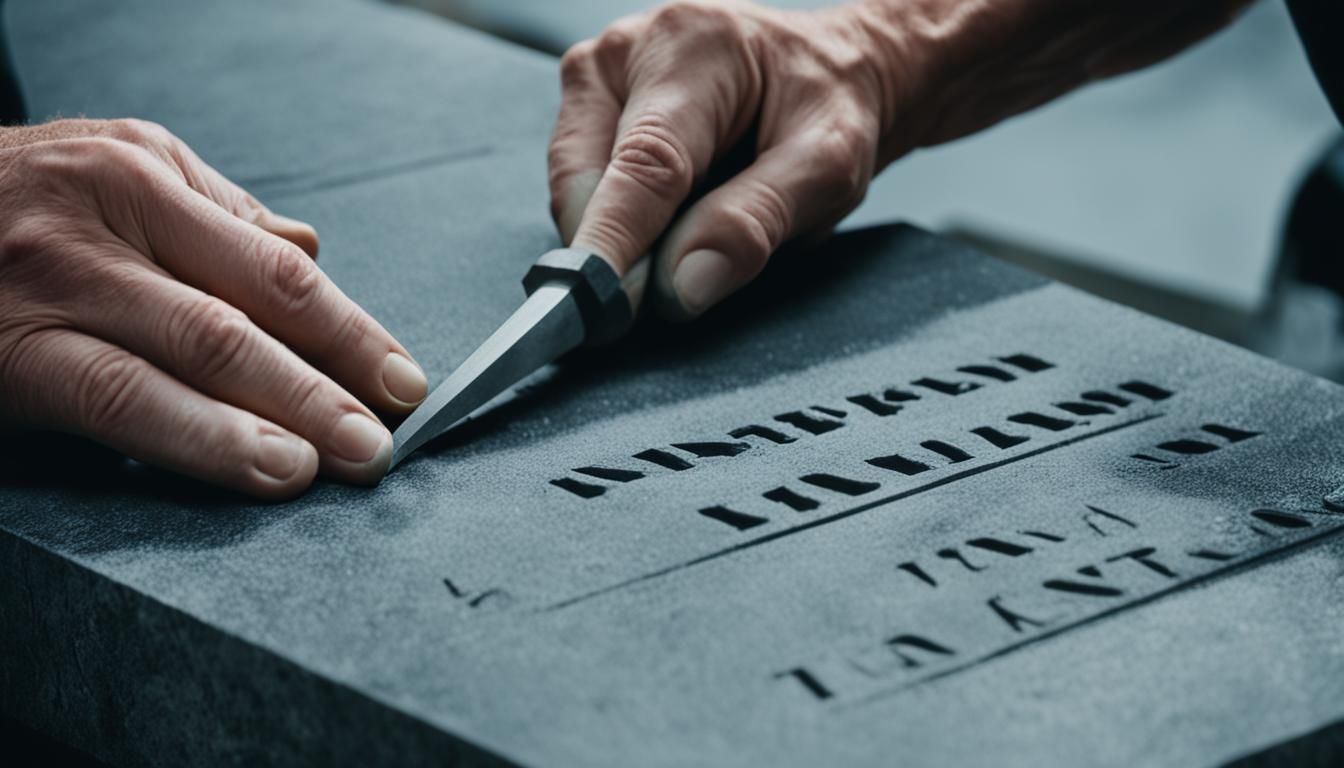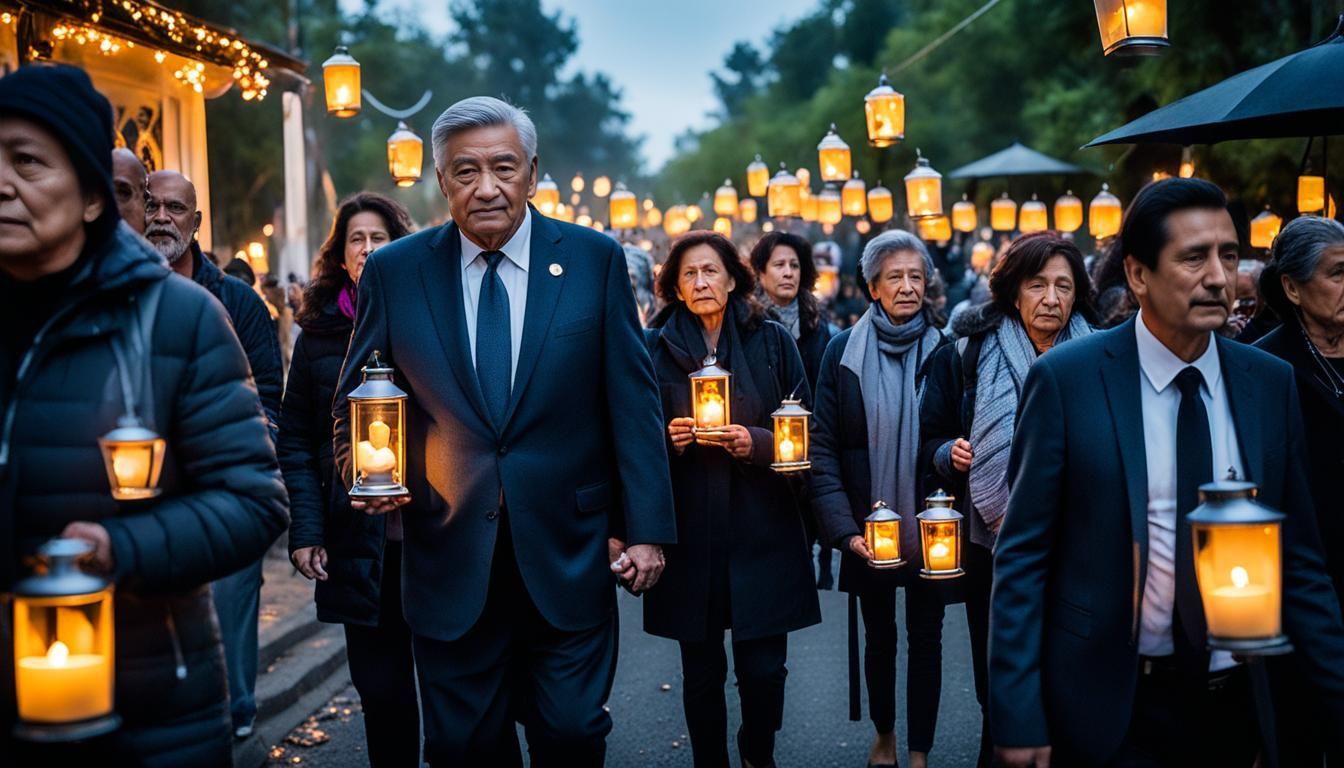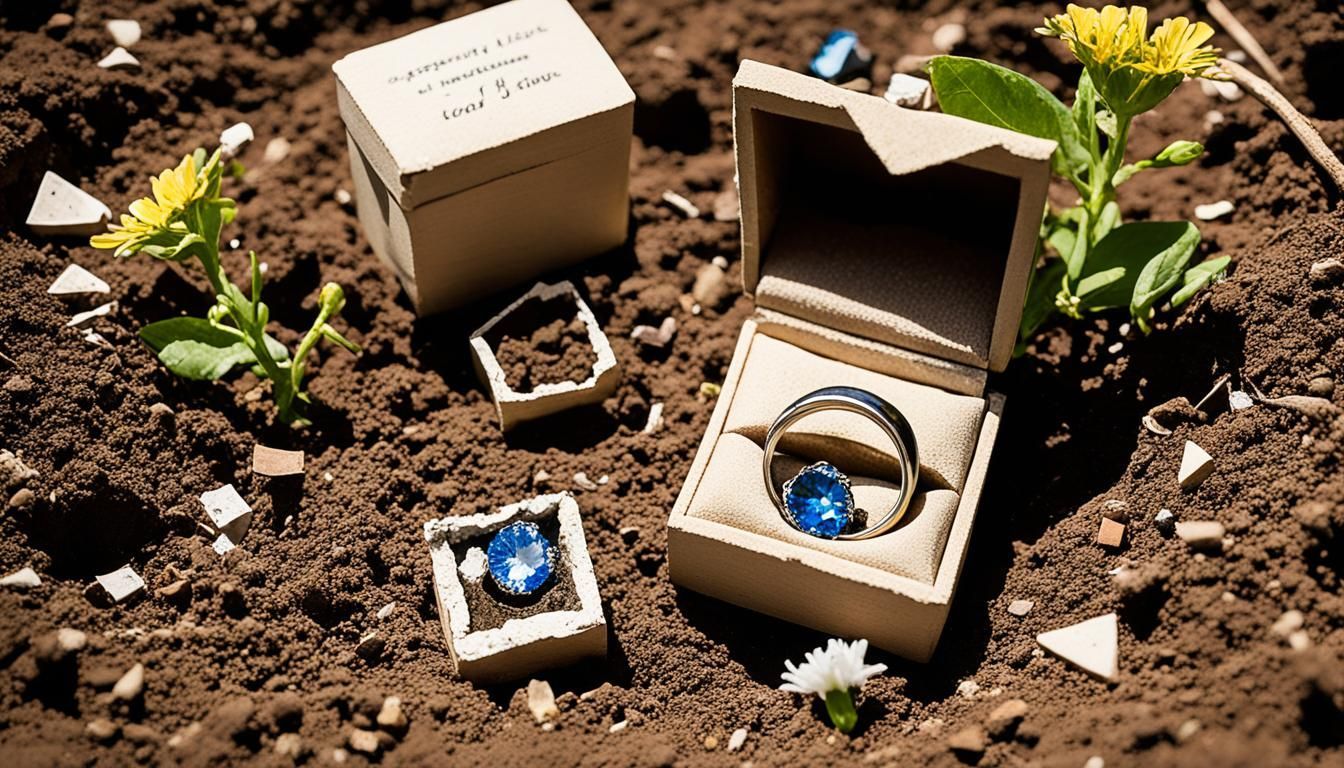Finding Joy: Appreciating Life After Losing a Loved One.
Finding Joy: Appreciating Life After Losing a Loved One.
How do we find joy after we lose someone dear? This difficult question arises, especially after the sadness caused by Lewy Bodies Dementia. This disease takes away precious moments with loved ones through hallucinations and mental struggles.
At Deal Funeral Directors in Statesboro, Georgia, we see that everyone deals with loss differently. Losing a dad to quick-moving dementia is tough. It brings deep sadness and guilt. But, it also shows a way forward through forgiving ourselves. It teaches us to see joy in everyday things.
When we share these stories, we learn that tragedies aren't our fault. We can pay tribute to those we've lost by making the most of life. Appreciating life means enjoying small moments, finding happiness after sadness, and being kind to ourselves. This journey of grief and thankfulness helps us deeply value life and the legacy of our departed.
Key Takeaways
- Coping with loss differs from person to person and significantly impacts our lives.
- Resistance to change can hinder acceptance and healing.
- Honoring the departed can involve finding joy in everyday moments and self-forgiveness.
- The memories and influence of lost loved ones continue to shape our lives.
- Accepting change is vital for moving forward and finding peace.
Understanding Grief: Initial Reactions and Emotions
When dealing with loss, people often feel a whirlwind of emotions. Shock, anger, sadness, and even guilt are common feelings. It's key to grasp what grief does to us. This includes how it disrupts our day-to-day life and our interactions with others.
Feeling scared to express these emotions is normal. But it's vital to let them out. Crying and grieving are natural and necessary steps in healing.
Stages of Grief
Elisabeth Kubler-Ross introduced the stages of grief which are Denial, Anger, Bargaining, Depression, and Acceptance. They serve as a guide to understand our complex feelings during this time. However, everyone goes through these stages differently.
Shock usually hits first, especially if the loss was sudden. Knowing these stages help us feel less overwhelmed by our grief.
Coping Mechanisms
There are several ways to deal with loss. It's helpful to lean on others for emotional support. This support can come from friends, family, or even a therapist. Talking about feelings and recalling good memories can offer comfort.
It's also crucial to accept every emotion that comes our way during this hard time. Physical effects like not being able to eat or sleep well, and feeling weak, are part of coping with this big change.
Healing from Bereavement: Steps Towards Recovery
Healing from bereavement is a profound journey that needs understanding, patience, and the right support. It doesn't matter if the loss is from a loved one's death, divorce, or a lost dream, each situation needs its own way to recover. We will look at important steps in healing, like getting support, growing personally, and finding new happiness.
Seeking Support
It's important to reach out for support when you are grieving. This could mean talking to family, friends, or professionals like grief counselors. They provide the comfort and stability needed to move forward. Studies show that having a good support network and healthy habits helps people recover from loss.
Personal Growth and Self-Reflection
Grief often leads to personal growth through self-reflection. Looking inward can give you a new view on life and motivation. Loss can bring about change, helping you find strength and meaning. Elisabeth Kübler-Ross's studies on grief highlight the value of dealing with emotions to reach healing milestones.
Redefining Happiness
Another key part of healing from bereavement is redefining happiness . This might mean setting new goals, finding new interests, or getting used to a "new normal." Realizing that happiness can come from pain helps us learn, grow, and find joy again. It's all about moving on while keeping the memory of lost loved ones alive.
Grief can come from big losses like job loss or financial issues or smaller ones like moving away. No matter the type of loss, healing involves steps that lead to growth and new happiness.
| Types of Loss | Effect on Grief | Support Required |
|---|---|---|
| Death of a loved one | Intense and prolonged grief | Professional counseling, family support |
| Divorce or relationship breakup | Emotional turmoil, sense of failure | Support groups, therapy |
| Loss of health | Fear and adaptation difficulties | Medical and psychological support |
| Losing a job | Loss of financial stability, identity crisis | Career counseling, family support |
| Life transitions (e.g., retirement, moving) | Mixed emotions, uncertainty | Community support, personal reflection |
Understanding that healing involves getting support, growing personally, and redefining happiness can help people through their journey.
Appreciating Life After Losing a Loved One
After we move past intense grief, we often see life differently. Many mention feeling more thankful for what they have. Studies show that 79% of people felt more grateful after losing a parent. This gratitude helps heal and brings peace.
Embracing Gratitude
The idea of embracing gratitude after loss changes lives. A large number of people realized they were more thankful after a parent's death. They felt less depressed and were happier overall. This came from understanding that life is short, which made them cherish every moment more.
Finding Peace and Joy
Peace comes alongside joy in daily life. Those more thankful after a loss noticed personal growth, even amid hardship. Some find it hard to feel grateful because of their fears and sadness. However, those who manage to feel grateful celebrate life as a tribute to the ones they've lost and their own strength.
Honoring Memories of the Deceased
Remembering those we've lost is a healthy way to deal with grief. Planting a tree or sending thoughts through cards keeps their spirit alive. Grief counselors agree that positive actions in someone's memory make our own lives richer. It leads to a cycle of gratitude and a better appreciation for life, even when we face loss.
For more insights on how loss can foster gratitude, visit Can Losing a Loved One Make You More Grateful?.
Conclusion
As we wrap up our journey through the emotions and changes that come with loss, we must recognize that everyone handles grief differently. Some might never fully get over a loss. Coping with loss is tough, making us wonder if we can ever feel like ourselves again.
At Deal Funeral Directors in Statesboro, Georgia, we know life is full of change, including tough losses and wanted changes. It's vital to accept change to find peace and move on after a loss. Realizing our lost loved ones are now something else helps us accept the truth and start to value life again.
In remembering those we've lost, we stress the need to love ourselves and be kind to others as a way to honor their impact on us. Although the ache of losing someone never goes away completely, it changes over time. This change makes room for new joy and thankfulness. Thus, finding happiness after a loss is not just possible, it's a wonderful tribute to our loved ones' memory, letting their legacy continue through our deeds and outlook.
FAQ
What are the initial stages of grief and how can we identify them?
The stages of grief typically include denial, anger, bargaining, depression, and acceptance. These emotions help us understand and process grief. Each person experiences these stages in their own way.
How can we cope with the loss of a loved one?
One way to cope is seeking support from family, friends, or grief counselors. Doing activities that remind you of your loved one can also help. This includes keeping memories alive and valuing special items.
What steps can we take to seek support during bereavement?
To find support, reach out to family and friends or join grief support groups. Therapists or counselors who specialize in grief can also offer help and emotional support.
How can personal growth and self-reflection aid in healing after loss?
After a loss, personal growth comes from looking inward and finding new purpose. Reflecting on your experiences, making new goals, and trying new things can redefine happiness. This process aids healing.
What does redefining happiness involve after losing someone dear?
It means finding a "new normal" and enjoying everyday moments. It's also about setting goals you can achieve. Doing this helps you move forward while remembering your loved one.
How can embracing gratitude support us in appreciating life after a loss?
By focusing on life's positives and appreciating small wonders, we honor our loved ones. This practice brings peace and joy into our lives.
What ways can we find peace and joy after experiencing a significant loss?
Finding peace and joy involves doing things that fulfill you, being with loved ones, and taking care of yourself. Honoring your loved one in meaningful ways is also important.
How can we honor the memories of our deceased loved ones?
Planting trees, participating in charity events, or creating memorial spaces are ways to remember them. Sending cards or sharing stories keeps their legacy alive. It shows how their lives still influence ours.
Source Links
- https://tinybuddha.com/blog/accepting-the-loss-of-a-loved-one-and-finding-peace-again/
- https://tinybuddha.com/blog/life-is-gift-how-to-enjoy-find-happiness-after-tragic-loss/
- https://griefsharing.ca/your-grief-the-first-painful-days/
- https://www.mcleanhospital.org/essential/grief
- https://www.helpguide.org/articles/grief/coping-with-grief-and-loss.htm
- https://www.apa.org/topics/families/grief
- https://greatergood.berkeley.edu/article/item/can_losing_a_loved_one_make_you_more_grateful










